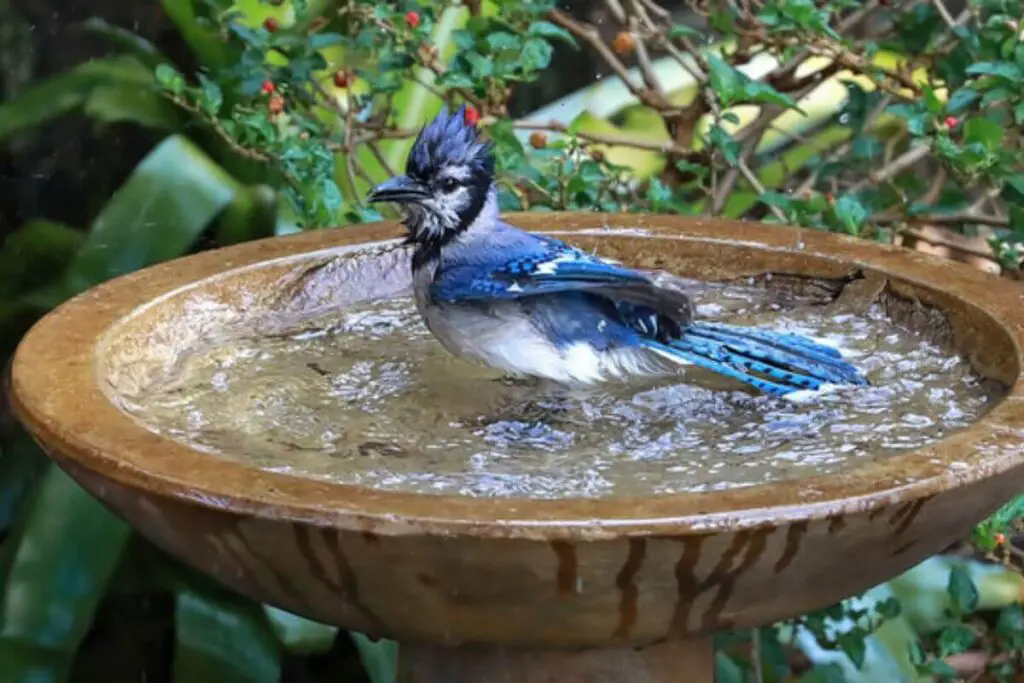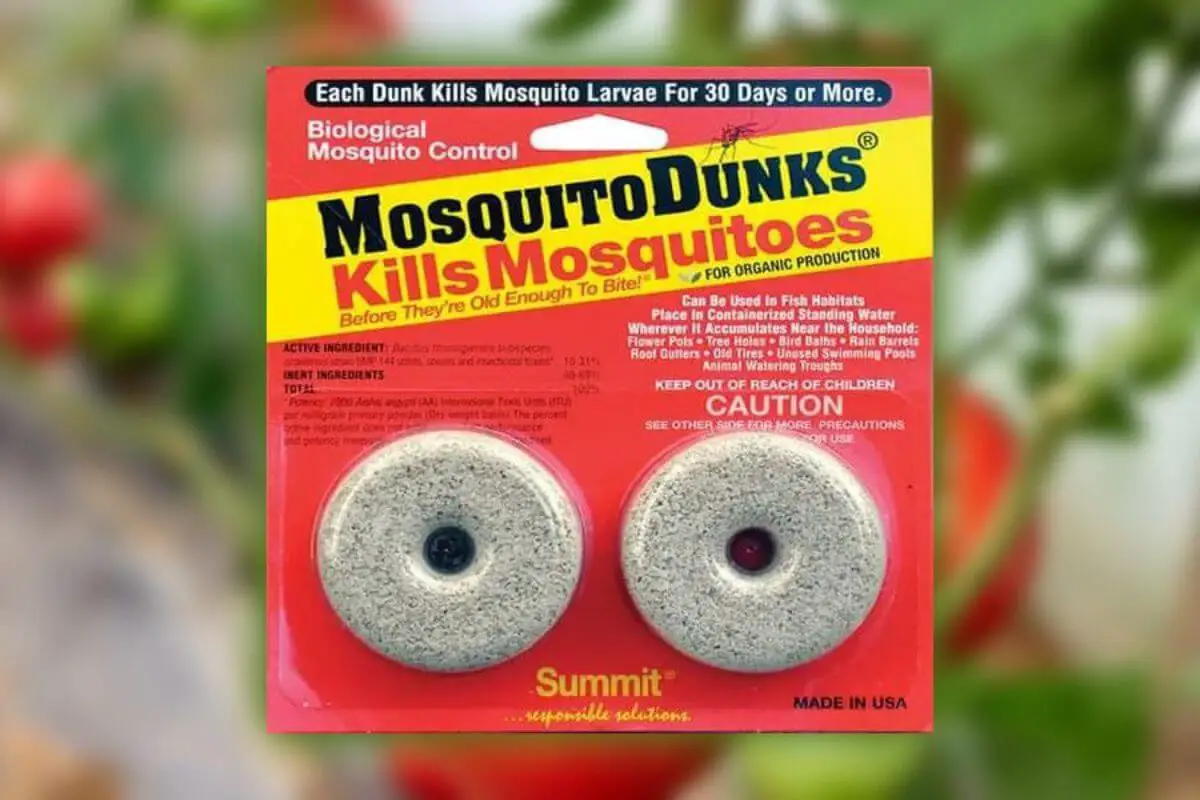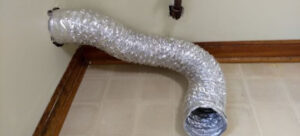Bird baths are a wonderful addition to any garden, attracting avian visitors and providing a source of hydration and entertainment. However, they can also become breeding grounds for mosquitoes, posing a potential threat to both birds and humans. To combat this issue, many garden enthusiasts turn to mosquito dunks as a solution. But the question remains: Are mosquito dunks safe for bird baths? In this comprehensive guide, we’ll explore the topic in detail to help you make an informed decision.
Understanding Mosquito Dunks
Mosquito dunks are small, donut-shaped products containing a bacterium called Bacillus thuringiensis israelensis (BTI). BTI is a natural and environmentally friendly larvicide specifically designed to target mosquito larvae in standing water. It works by releasing a toxin that affects the larvae’s digestive system, preventing them from feeding and eventually causing their death.
The Safety of Mosquito Dunks for Bird Baths
The safety of using mosquito dunks in bird baths depends on several factors:
1. Bird Safety:
Mosquito dunks are generally safe for birds. The active ingredient, BTI, is specific to mosquito larvae and harmless to birds, other wildlife, pets, and humans. Birds can safely drink from a bird bath treated with mosquito dunks without any adverse effects.

2. Effective Mosquito Control:
Mosquito dunks are highly effective in controlling mosquito larvae, which is essential for preventing the spread of diseases like West Nile virus. By using mosquito dunks, you can significantly reduce the mosquito population around your bird bath.
3. Environmentally Friendly:
BTI is a naturally occurring bacterium found in soil. It does not persist in the environment and does not harm non-target organisms. This makes mosquito dunks an environmentally responsible choice for mosquito control.
4. Easy Application:
Using mosquito dunks is convenient. Simply place one dunk in your bird bath’s water, and it will gradually release BTI to target mosquito larvae. One dunk can provide protection for up to 30 days.
5. Bird Bath Maintenance:
It’s crucial to maintain your bird bath regularly, even when using mosquito dunks. Clean the bird bath, change the water, and add a new dunk as needed to ensure it continues to be effective in controlling mosquitoes.
Additional Tips for Safe Usage
To ensure the safe use of mosquito dunks in your bird bath, consider the following tips:
Follow Instructions:
Always follow the manufacturer’s instructions on the product label when using mosquito dunks. This ensures you’re using the correct dosage and applying them properly.
Proper Storage:
Store mosquito dunks in a cool, dry place away from direct sunlight. Follow the recommended storage conditions on the product label.
Regular Monitoring:
Keep an eye on your bird bath and monitor its water quality. If the water becomes heavily contaminated or dirty, clean the bird bath and replace the water promptly.
Monitor Bird Behavior:
Observe the behavior of birds around your treated bird bath. If you notice any unusual behavior or signs of distress, consider removing the dunks and providing fresh, untreated water for the birds.
Conclusion
Mosquito dunks, with their active ingredient BTI, are generally safe for bird baths. They provide an effective and environmentally friendly way to control mosquito larvae, reducing the risk of disease transmission without harming birds or other wildlife. By following the recommended usage and maintenance guidelines, you can create a safer and more enjoyable environment for both your feathered visitors and yourself. Bird baths treated with mosquito dunks offer a win-win solution, ensuring a mosquito-free and bird-friendly space in your garden.
Mosquito Dunks vs. Other Mosquito Control Methods
While mosquito dunks are a safe and effective solution for keeping your bird bath mosquito-free, it’s essential to explore how they compare to other mosquito control methods. Understanding the alternatives can help you make an informed decision based on your specific needs and preferences.
1. Mosquito Nets and Covers:
Using mosquito nets or covers is a physical barrier method that prevents adult mosquitoes from accessing your bird bath. While this approach is entirely safe for birds and the environment, it may require more maintenance, as you need to ensure the nets remain intact and are regularly cleaned.
2. Chemical Larvicides:
Some chemical larvicides are available for mosquito control, but their safety can be a concern. Unlike mosquito dunks, chemical larvicides may contain toxic substances that can harm birds, aquatic life, and the environment. It’s crucial to research the specific product and its potential side effects.
3. Natural Predators:
Introducing natural predators, such as mosquito-eating fish or dragonflies, to your bird bath is another method for controlling mosquito larvae. This approach is safe and environmentally friendly, but it may not be suitable for all bird bath setups.
4. Solar-Powered Water Agitators:
Solar-powered water agitators create water movement in bird baths, preventing mosquito larvae from settling on the water’s surface. These devices are safe for birds and the environment and require minimal maintenance. However, their effectiveness may vary depending on the size and design of your bird bath.
5. Bird Bath Location and Maintenance:
Properly locating your bird bath can also help reduce mosquito problems. Choose a sunny spot for your bird bath, as mosquitoes prefer stagnant, shaded water. Regular maintenance, including cleaning and changing the water, is essential for preventing mosquito breeding.
6. Citronella or Essential Oils:
Adding citronella or essential oils to your bird bath can act as a natural mosquito repellent. These oils are generally safe for birds and the environment, but their effectiveness may be limited to a certain extent.
7. Bird-Friendly Landscaping:
Consider landscaping your garden to attract birds that are natural mosquito predators, such as swallows, purple martins, and bats. Providing a habitat that encourages these birds to visit your garden can contribute to natural mosquito control.
Making an Informed Decision
When choosing the most suitable method for mosquito control in your bird bath, it’s essential to consider factors like the size of your bird bath, its location, and the level of maintenance you’re willing to provide. Mosquito dunks offer an effective, safe, and convenient solution for many bird bath owners. However, exploring alternative methods and combining them, if necessary, can help you tailor your approach to the unique conditions of your garden.
In conclusion, mosquito dunks are a safe and environmentally responsible choice for keeping your bird bath mosquito-free. By understanding the available options and considering your specific requirements, you can create a bird-friendly environment that ensures both the well-being of your avian visitors and your enjoyment of a mosquito-free garden.
Frequently Asked Questions (FAQs) About Using Mosquito Dunks in Bird Baths
Mosquito dunks are a popular solution for keeping bird baths mosquito-free while ensuring the safety of your feathered friends. To help you better understand the use of mosquito dunks in bird baths, here are some frequently asked questions and their answers:
1. What are mosquito dunks?
Mosquito dunks are small, donut-shaped products that contain Bacillus thuringiensis israelensis (BTI), a natural bacterium used to control mosquito larvae in standing water. They are an environmentally friendly method for mosquito control.
2. Are mosquito dunks safe for birds?
Yes, mosquito dunks are safe for birds. The active ingredient, BTI, specifically targets mosquito larvae and does not harm birds, other wildlife, pets, or humans. Birds can safely drink from a bird bath treated with mosquito dunks.
3. How do I use mosquito dunks in a bird bath?
To use mosquito dunks in a bird bath, simply place one dunk in the water. It will gradually release BTI to target mosquito larvae. Each dunk typically provides protection for up to 30 days. Follow the manufacturer’s instructions for the correct dosage.
4. How effective are mosquito dunks in controlling mosquitoes in bird baths?
Mosquito dunks are highly effective in controlling mosquito larvae. They significantly reduce the mosquito population around your bird bath, helping to prevent the spread of diseases like West Nile virus.
5. Do I need to change the water in my bird bath when using mosquito dunks?
Yes, it’s essential to maintain your bird bath regularly, even when using mosquito dunks. Clean the bird bath and change the water as needed to ensure it remains clean and effective in controlling mosquitoes.
6. Can I use mosquito dunks in other water features in my garden?
Yes, mosquito dunks can be used in various standing water sources in your garden, such as ponds, fountains, and rain barrels, to control mosquito larvae. Always follow the manufacturer’s instructions for proper usage.
7. How long do mosquito dunks last in a bird bath?
A single mosquito dunk typically provides protection for up to 30 days. After this period, you should replace it with a new dunk to maintain mosquito control.
8. Can I use mosquito dunks in my fish pond without harming the fish?
Mosquito dunks are safe for fish and aquatic life. The active ingredient, BTI, is specific to mosquito larvae and does not harm other aquatic organisms. You can use them in fish ponds to control mosquito populations.
9. Are there any alternatives to mosquito dunks for mosquito control in bird baths?
Yes, there are alternative methods for mosquito control, such as using mosquito nets or covers, chemical larvicides, natural predators, solar-powered water agitators, and bird-friendly landscaping. The choice of method depends on your specific needs and preferences.
10. Where can I purchase mosquito dunks?
Mosquito dunks are available at garden supply stores, online retailers, and local home and garden centers. You can also find them through the manufacturer’s official website.
In summary, mosquito dunks are a safe and effective solution for controlling mosquitoes in bird baths while ensuring the well-being of birds and other wildlife. By following the recommended usage and maintenance guidelines, you can create a pleasant and mosquito-free environment for both your avian visitors and yourself.



